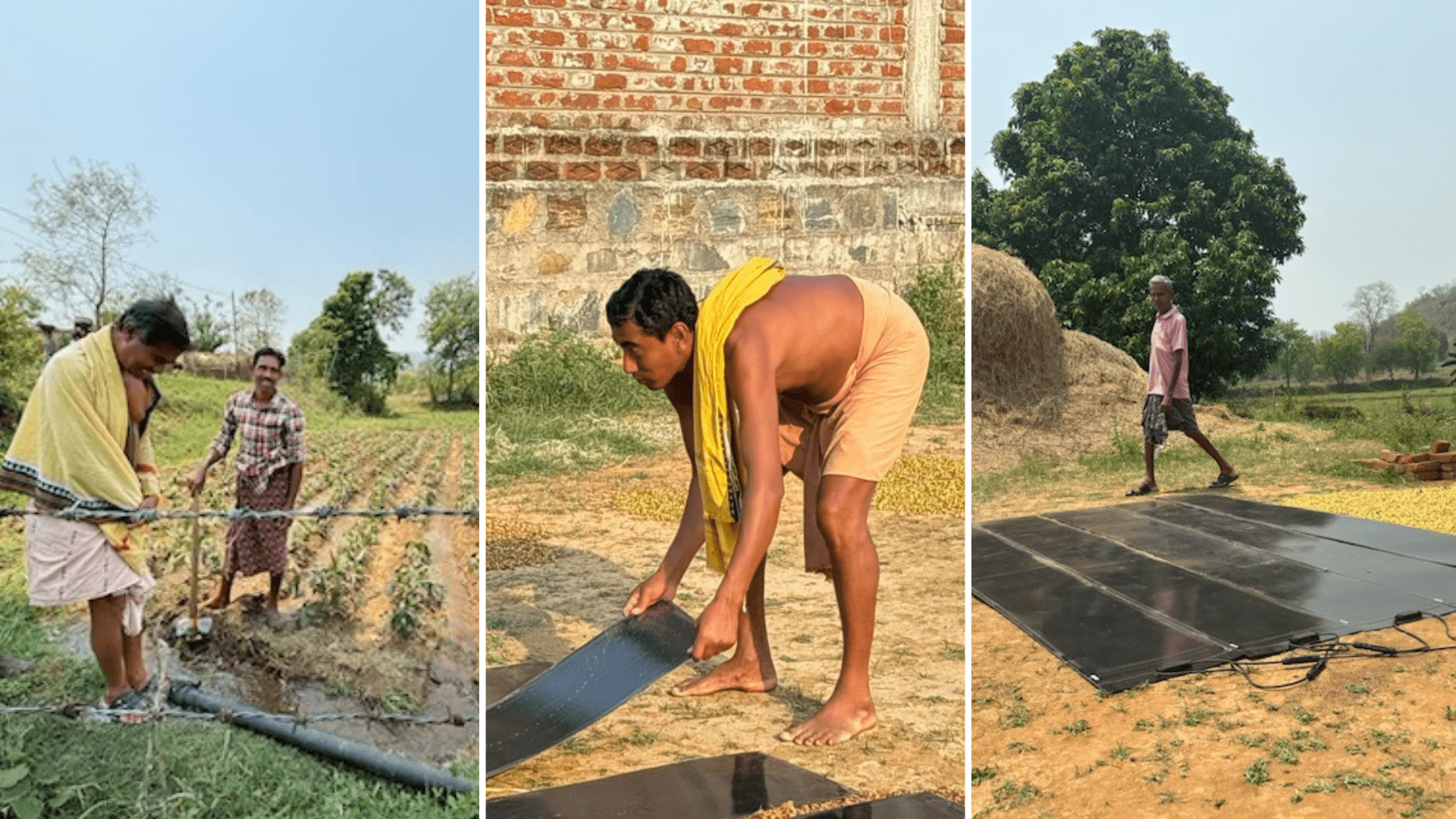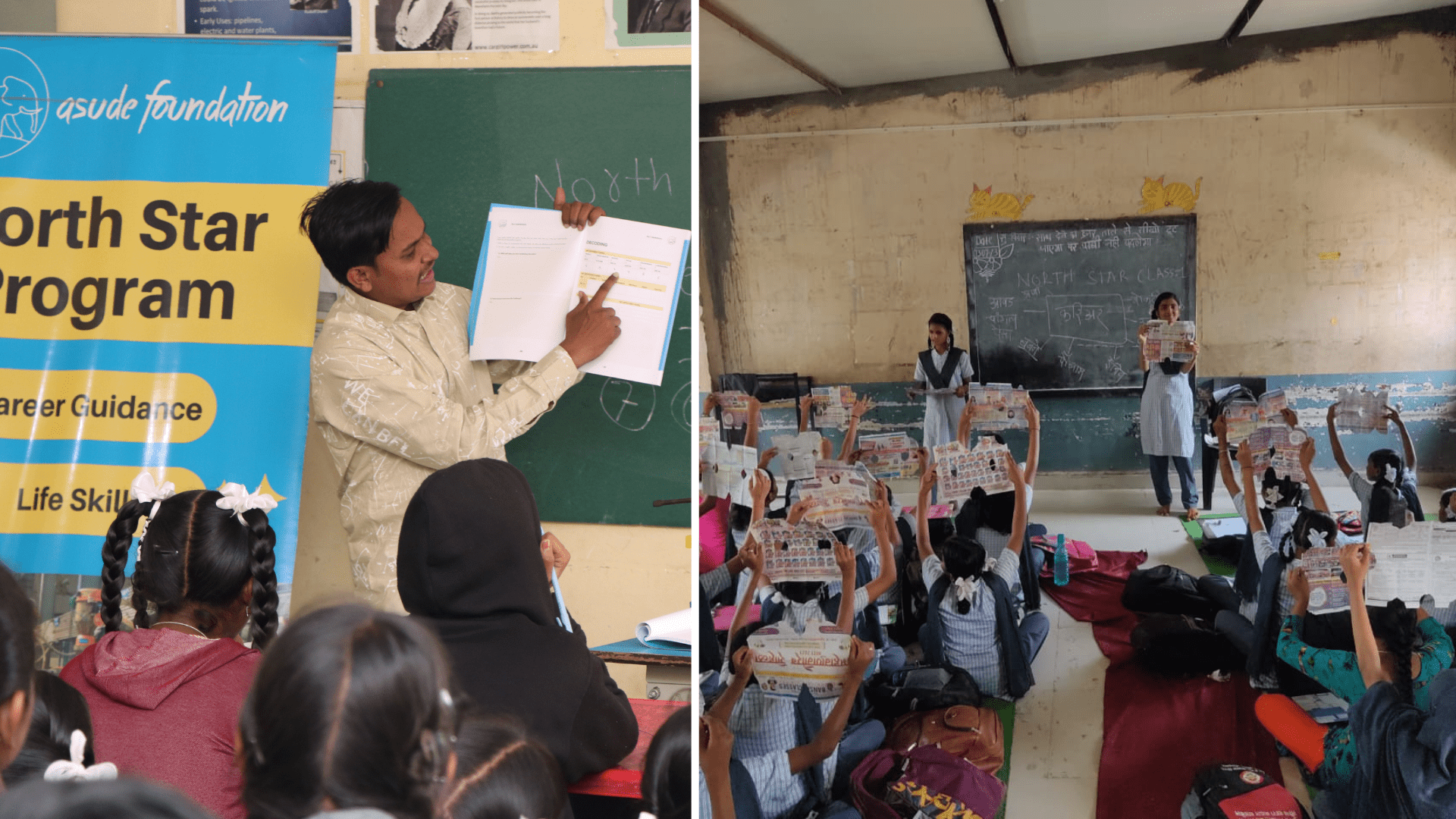With a focus on innovation and entrepreneurship, the Mittal Institute’s annual Seed for Change (SFC) competition provides monetary prizes to bold, creative ideas developed by Harvard students that have the potential for widespread impact in India. Check out the 2024 winner, runner-up, and other finalists below!
2024 Seed for Change winner ($30,000)
“Solara”
Rea Savla, MBA ’24, Harvard Business School
126 million marginal farmers in India survive on less than $4 per day. The greatest bottleneck to farmer income growth is insufficient access to irrigation, affecting over 80% of marginal farmers. “Solara” aims to eliminate farmers’ dependence on costly, fossil-fuel-based irrigation methods. Over the next 12 months, it will pilot an on-demand solar irrigation service to Indian farmers in Odisha, increasing their access to affordable, reliable, and clean irrigation. For this, “Solara” is deploying a network of solar irrigation kits that are shareable. Through a digital platform, farmers will be able to book time and pay for that time only, which can be thought of as an “Uber for Irrigation” in rural India. This relieves marginal farmers of the burden of owning costly solar irrigation equipment and instead offers them irrigation services only when and where they need it at half the price of traditional diesel-powered irrigation systems. “Solara” was co-founded by CEO Rea Savla, MBA ’24, Harvard Business School, and Vishesh Mehta (COO), MBA ‘26, Harvard Business School. Rea and Vishesh connected during their undergraduate studies at UC Berkeley.

Solara’s mobile solar irrigation kits.
2024 Seed for Change Runner-Up ($5,000)
“Asude Foundation”
Alria Kharage, Master of Education ’24, Harvard Graduate School of Education
Asude Foundations’ North Star Program is a comprehensive intervention designed to support students in Grades 9 and 10 by providing career education and building essential life skills. With the program as a guiding light in their lives, students get the opportunity to explore their interests, develop essential skills, and receive the necessary support to make informed decisions about their future after Grade 10. With the grant, the program will expand from Aurangabad (officially known as Chhatrapati Sambhajinagar) to a new district in the state of Maharashtra by partnering with local grassroots NGOs. Asude Foundation was co-founded by Harvard Graduate School of Education students Alria Monteiro Kharage, Master of Education ’24, and Vyankatesh Kharage, Master of Education ’24.
Learn more about the North Star program in this YouTube video.
Learn more about the founder couple Alria Monteiro Kharage and Vyankatesh Kharage in this Gazette coverage.

The North Star Program is a comprehensive intervention designed to support students in Grades 9 and 10.
Other finalists:
CareNetal: Growing Together, Supporting Each Other
Sneha Arvind, Master in Design Engineering ’24, Harvard Graduate School of Design
CareNetal introduces a groundbreaking approach to care during pregnancy through its two primary features: “CareNetal Family” and “CareNetal Communities.” The product helps women navigate socio, psychological, and cultural issues during pregnancy.
Choolha Grid: Disruptive Cooking Energy Solutions Through Community-Sourced Innovations
Kartikeya Bhatotia, Master in Public Policy ’24, Harvard Kennedy School
Ridhi Aggarwal, Master in Public Administration in International Development ’24, Harvard Kennedy School
Choolha Grid aims to revolutionize clean cooking in diverse Indian regions with a tailored stove catalogue, enhancing health and safety through community-driven innovation.
Paint it Red
Ananya Chhaochharia, Master in Public Policy ’24, Harvard Kennedy School
1 in 5 girls drop out of school at menarche due to the lack of comprehensive body literacy. Paint it Red aims to provide early interventions to adolescents in India to empower with knowledge of menstrual health management. This will prevent perpetuation in stigmas and promote better health and hygiene behavior.
Increasing Health Equity in India with Machine Learning
Ayushi Sinha, Master in Business Admin ’24, Harvard Business School
South Asians’ low participation in clinical trials limits their access to essential, financially covered medical care. I have developed software to connect female breast cancer patients with relevant trials, successfully testing and validating its effectiveness at Mass. Gen. in Boston. Seeds of Change will enable me to bring this technology to India, starting with UP&Bihar, the most populous yet least represented states in clinical trials, leveraging my strong local familial network.
The Seed for Change competition is made possible by a generous grant from KP Balaraj MBA ’97 and Sumir Chadha MBA ‘97.
